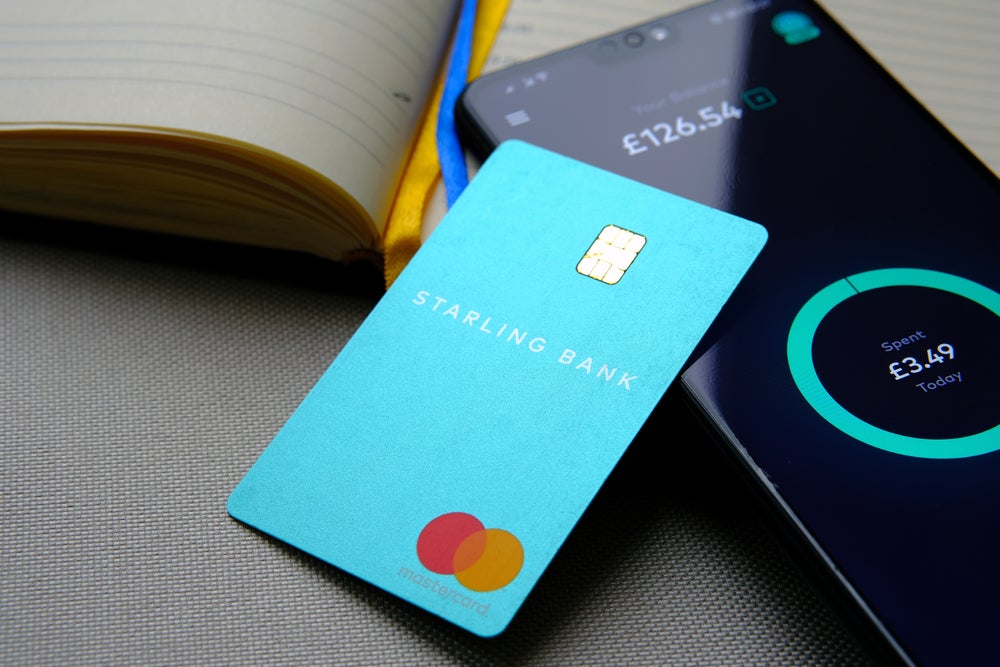
UK-based digital bank Starling is on course to become the first retail challenger in Europe to ever to turn a profit after hitting break-even in October.
The neobank, which has over 1.7 million accounts, published its trading update for the three months leading up to 31 October, saying that it “expects to be profitable on a monthly basis going forward”.

Access deeper industry intelligence
Experience unmatched clarity with a single platform that combines unique data, AI, and human expertise.
According to Starling Bank, it generated £9m in revenue in October 2020 and a positive operating profit of £0.8m for the month, representing £10m in profit on an annualised basis before tax and other costs.
This is a year-over-year revenue increase of 400%, and a 30% increase on its previous trading update.
Total customer deposits have now reached approximately £4bn, with lending reaching around £1.5bn.
In a blogpost, Starling CEO Anne Boden said she was certain that Starling will become “a formidable competitor in the European banking market as we gear up to scale across Europe”.

US Tariffs are shifting - will you react or anticipate?
Don’t let policy changes catch you off guard. Stay proactive with real-time data and expert analysis.
By GlobalDataAlthough challenger banks such as Starling and Monzo have soared in popularity over the last few years as consumers move towards digital banking, their business models have so far struggled to turn a profit due to their competitive pricing, narrow margins and growth costs.
Despite large customer bases, neobanks also face the challenge of many customers not opting for a challenger bank as their primary account, with Monzo’s figures showing that 30% of active users deposit at least £1,000 per month.
Because of this, Starling’s announcement will likely be hugely significant to the world of challenger banks.
Michelle Stevens, banking writer at personal finance comparison site finder.com, said:
“This is very promising news for Starling showing that they are here to stay and are mitigating investors’ concerns around profits. While big losses from some of the digital-only banks may have made investors apprehensive, the popularity of these banks is continuing to increase. Earlier this year our research found there had been a 165% increase in the number of digital-only banks customers between January 2019 and January 2020 and we expect this figure to continue to rise. While the incumbents are catching up, digital-only banks provide the convenience that incumbents can’t match over lockdown.”
She explained that by shifting their focus to other customer bases such as SMEs, other challenger banks may also be able to move towards profitability:
“The factors that have lured many customers in, such as the slick apps and fee withdrawals abroad, don’t make these neobanks any money so they have had to get creative in order to push up revenue. This has included an increased focus on business banking with SME’s, targeting an older customer demographic and potentially some new subscription features going forward. The challenge for the other digital-only banks now will be to try and replicate Starling’s successes and narrow their losses.”
While Starling Bank has hit a key milestone, it is not the first challenger bank to become profitable. The more business-focused neobank OakNorth reported pre-tax profits of £66m in 2019.
Read More: Challenger bank Lunar raises fresh funds to boost expansion.







